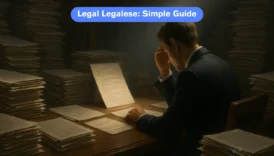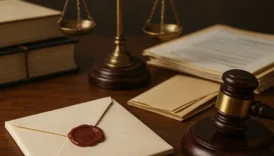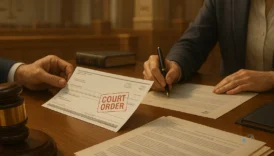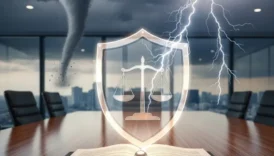What Is the Legal Doctrine of Laches?

In law, waiting too long to enforce your rights can work against you. The doctrine of laches is an equitable defense that prevents a person from pursuing a claim if they delayed unreasonably, and that delay harmed the other party.
Simple Definition
The legal doctrine of laches is a principle that bars claims when a party has unreasonably delayed taking legal action, causing prejudice or disadvantage to the opposing side.
Real-Life Examples of Laches
- Property disputes: A landowner ignores encroachment for decades, then later tries to sue after the neighbor has invested in improvements.
- Inheritance claims: Someone waits many years before contesting a will, making it harder to locate evidence or witnesses.
- Business conflicts: A partner allows misconduct to continue without objection, then sues years later when financial records are lost.
Importance of the Concept
Laches is important because it promotes fairness and efficiency. It discourages individuals from “sleeping on their rights” and protects defendants from being unfairly harmed by delays. Courts use it to ensure justice is served in a timely manner.
Comparison: Laches vs Statute of Limitations
Laches: Based on fairness and delay; decided by the court’s discretion.
Statute of Limitations: A strict legal time limit for filing a claim.
| Feature | Laches | Statute of Limitations |
|---|---|---|
| Basis | Equity, fairness | Legislative time limit |
| Flexibility | Court discretion | Strict deadline |
| Example | Delay causing prejudice | Two years to file personal injury |
FAQ
1. What does laches mean in law?
It is an equitable defense that prevents claims filed after an unreasonable delay.
2. How is laches different from a statute of limitations?
Laches is flexible and based on fairness, while statutes of limitation are fixed by law.
3. Can laches be used in all legal cases?
It mainly applies in equitable cases, such as property and inheritance disputes.
4. Why is laches important?
It ensures claims are brought in a timely way, preventing unfair harm to defendants.
5. Who decides if laches applies?
The judge decides, based on evidence of delay and resulting prejudice.
Closing
The doctrine of laches highlights the importance of acting promptly when enforcing legal rights. By balancing fairness with timeliness, it prevents injustice and protects the integrity of the legal system.






